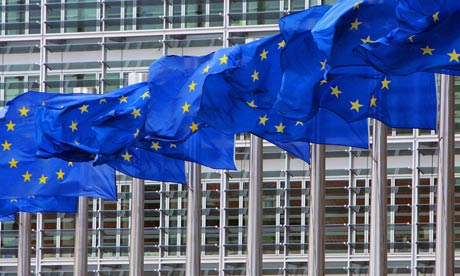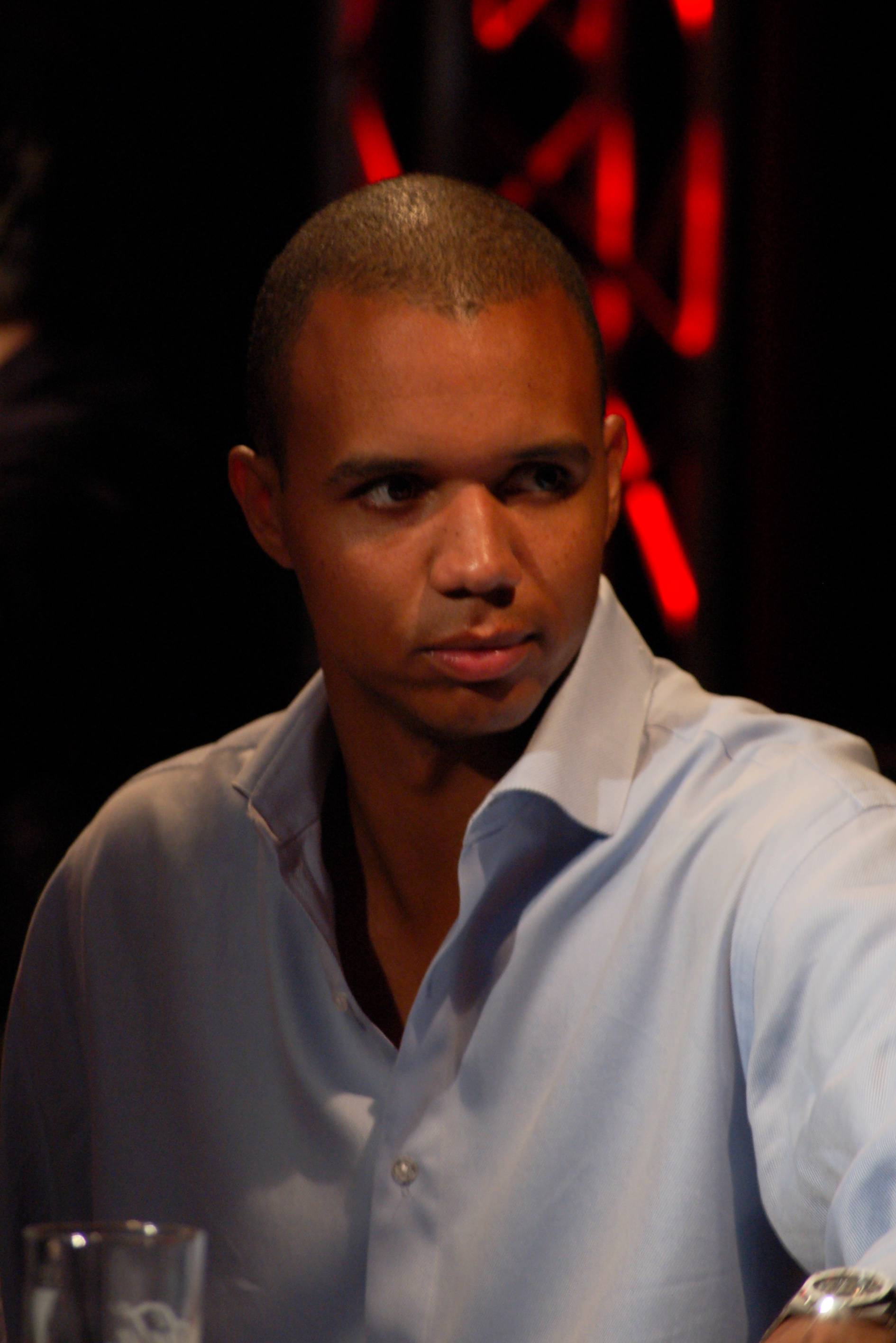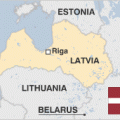
Sweden Sued by European Union Over Online Gambling Monopoly

In a landmark decision, the European Commission has taken Sweden to court over its “inconsistent” position on online gambling. (Image:Â Yves Herman/REUTERS)
Sweden has become the first country to be sued by the European Union over its online gambling policy.
In a case that could hold startling ramifications for all EU member states that monopolize online gaming within their borders, the European Commission (EC), the executive legislative body of the EU, launched legal proceedings this week against the Swedish government for breaching EU law on the free movement of services.
Sweden operates a “legalized monopoly” on gambling. While technically online gaming is legal, there is only one licensed operator, Svenska Spel, a state-owned company. Meanwhile, the promotion of unlicensed gambling operators is a criminal offense, despite the existence of many Swedish-owned online gambling companies such as Unibet and Bettson, and newspaper editors have been prosecuted in the past for running gambling advertising.
Sweden has always claimed that by forcing its citizens to gamble on Svenska Spel, it is able to monitor and control problem gambling and protect the vulnerable, but the reality is that many Swedes gamble with offshore companies. Under EU law, member states are permitted to impose restrictions on cross-border services, provided they can provide ample justification that their motives are to protect the vulnerable or to prevent crime.
Undermining Its Own Policy
This week, Sweden was referred to the European Court of Justice (ECJ), Europe’s highest court, on two separate cases, one relating to online sports betting and the other, online poker, according to an EC official statement. The Commission believes that in the first case, the country’s monopolized sports betting market has failed to prevent problem gambling, its stated aim, and, in the second case, it believes that the government has recently turned a blind eye towards unlicensed online poker advertising. Both examples undermine its justification for monopolizing online gambling.
Sweden was asked by the EU to amend its gaming legislation in 2007, and then again in 2013. While lawmakers in the country have made noises about amending its licenses laws for some time now, no progress has been made, and it seems the Commission has finally lost patience.
Government Reacts
“In November 2013 the Commission asked Sweden to take action to ensure compliance of its national rules with EU law in the areas of online betting services and online poker services,” read the statement. “The Commission does not consider the Swedish reactions to these requests as satisfactory …[Thus] Sweden is referred to the Court of Justice for imposing restrictions on the organization and promotion of online betting services in a way which is inconsistent with EU law.”
Responding rapidly to the EC’s decision, the Swedish government said it wanted “to speed up the work that has been carried out for a long time in order to find a licensing system that could be introduced in Sweden”.
The European Gaming and Betting Association (EGBA), meanwhile, was quick to praise the EC decision. “EGBA fully supports and commends the EC for taking this decision,” said EGBA secretary general Maarten Haijer. “This is a breakthrough that shows a strong commitment to upholding fundamental European freedoms. Sweden was given many years to bring its legislation into conformity but regretfully there was little commitment to change. No member state regardless of its size should be exempt from scrutiny.”















0 Comments